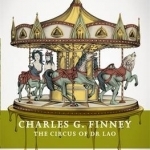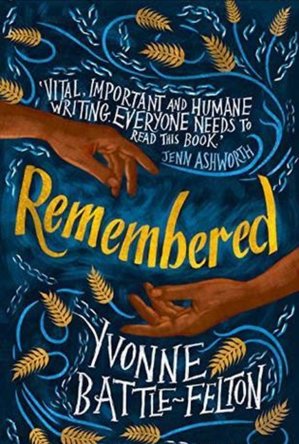
The Economist magazine
News and Magazines & Newspapers
App
A smart guide to the forces that shape the future, readers can access their essential global...
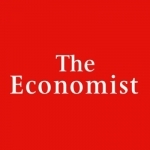
The Economist: Business & News
News and Magazines & Newspapers
App
A smart guide to the forces that shape the future, readers can access their essential global...
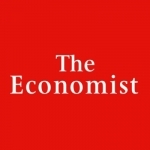
The Economist: Politics & News
News and Magazines & Newspapers
App
A smart guide to the forces that shape the future, readers can access their essential global...
Cody Cook (8 KP) rated The Circus of Dr Lao in Books
Jun 29, 2018
The cynicism does not always feel unwarranted, nor does the bitter but humorous style of much of the book fail to be entertaining. It vacilates between being a sardonic delight and a heavy (and even heavy-handed) piece of short literature that has to be digested in multiple sittings.
The author, himself the grandson and namesake of the great evangelist and abolitionist Charles Finney, if he believes in a God, seems to find Him distant, petty, and hateful. One begins to wonder why the circus seems to provide such fodder for this kind of nihilism (as in Bradbury's Something Wicked This Way Comes and Anton LaVey's biographical details), and perhaps it's because it puts on display those things that we think of as deserving to be hidden where we must face them and despair. The Circus of Dr. Lao puts God through a theodicy trial that Finney doesn't seem to think the Deity survives, but Finney's nihilism is hardly a palatable alternative.
Funny at times, interesting often, and very well-written, the life-as-a-meaningless-freakshow motif still sullies what this book could be. An interesting counterpoint to the film, but on the whole I still much prefer the cinematic rendering.
ClareR (6037 KP) rated Remembered in Books
Jul 8, 2019
In the ‘present’ timeline, we see Spring sitting by her sons deathbed in hospital, with the ghost of Tempe.
There are several newspaper articles that start chapters, and they go some way to explaining what is happening in the story - at least from a white mans perspective. Spring’s son, Edward, is accused of driving a Philadelphia streetcar into a department store and endangering the lives of white people. It’s not explicitly said (that I can remember), but Edwards injuries aren’t just from the crash. Spring arrives at the hospital knowing that he’s unlikely to survive. Mainly because the ghost of her sister is telling her so, and encouraging her to tell him the true story of his birth, in order that he can ‘go home’ and not become an earth bound ghost.
So we get to see for ourselves what motherhood really is - it’s not about who gives birth to a baby, but about who loves and brings that child up.
It’s a difficult story to read, as it should be. This was a difficult and terrible time in history, but I did enjoy reading it. I can see why it was nominated for the 2019 Women’s Prize. It’s well worth reading.
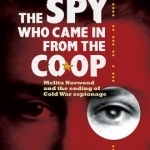
The Spy Who Came in from the Co-Op: Melita Norwood and the Ending of Cold War Espionage
Book
On September 11th 1999 The Times newspaper carried the front page article "Revealed: the quiet woman...
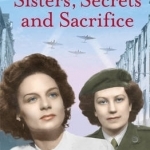
Sisters, Secrets and Sacrifice: The True Story of WWII Special Agents Eileen and Jacqueline Nearne
Book
Two sisters. Two special agents. One War. Sisters, Secrets and Sacrifice is the incredible true...

The Great Train Robbery: The Untold Story from the Closed Investigation Files
Book
The Great Train Robbery of 1963 is one of the most infamous crimes in British history. The bulk of...
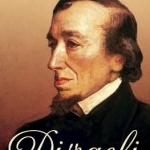
Disraeli: A Personal History
Book
Disraeli is one of the most fascinating men of the 19th century. This masterly biography, written by...
A Journey Around Our America: A Memoir on Cycling, Immigration, and the Latinoization of the U.S.
Book
Immigration and the growing Latino population of the United States have become such contentious...
